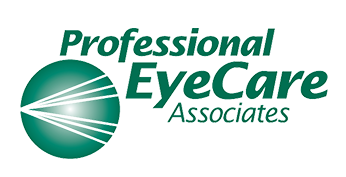While the term myopia control may sound unfamiliar or scary, it may be a perfect fit for your family’s eye care needs! Myopia control is the medical term used to describe specific treatments to slow the progression of nearsightedness in children. According to healthychildren.org, nearsightedness is a common vision problem that often begins between 6 and 14 and affects roughly 5% of preschoolers, 9% of school-aged children, and 30% of adolescents.
Your Child’s Eye Development
Myopia occurs when the eyeball is too long (from front to back) or if your eye’s cornea is too curved. As a result, the light that enters your eye falls short of the retina, causing your eye to have a harder time focusing the way it should. This lack of focus results in distant objects being blurry and close objects being clear.
Myopia generally gets worse through adolescence, which is why we see increasing percentages of myopia in older age groups. In most cases, an individual’s prescription will start to stabilize in their early twenties. However, for some this stabilization may take longer and can result in higher myopia prescriptions later in life. Severe myopia can lead to a higher risk for some vision-threatening complications including, glaucoma, cataracts, retinal detachment, and even blindness.
Myopia Control Options
The good news is eye care professionals have four ways to offer myopia control treatment, listed below. Interested in learning what myopia control treatments we offer? Call our office to schedule an appointment today!
- atropine eye drops
- multifocal contact lenses
- myopia control glasses
- orthokeratology (ortho-k)
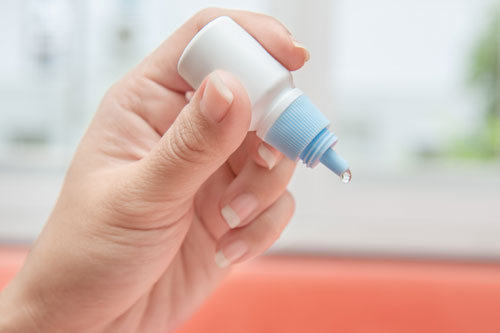
Atropine Eye Drops
Atropine eye drops dilate your pupils and can relieve focusing fatigue by temporarily limiting the eye’s ability to change focus automatically. This process, known as accommodation, may be what accounts for its effectiveness in reducing myopia progression in children. According to All About Vision, some studies have shown that atropine can reduce myopia progression by up to 77%.
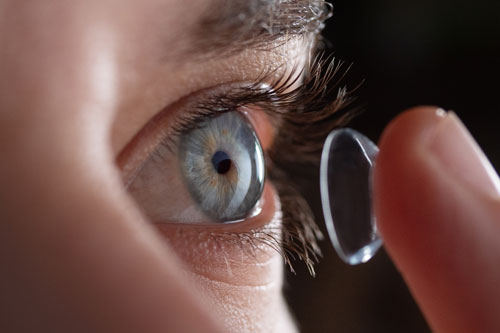
Multifocal Contact Lenses
Multifocal contact lenses provide clear vision at all distances for people who have nearsightedness, farsightedness, astigmatism, and/or presbyopia. Some studies have revealed that multifocal contacts can also help slow the progression of myopia in some children. Results provided by one study found that the children who wore multifocal lenses daily had a 50% reduction in the progression of their myopia compared to the children who wore regular soft contacts.
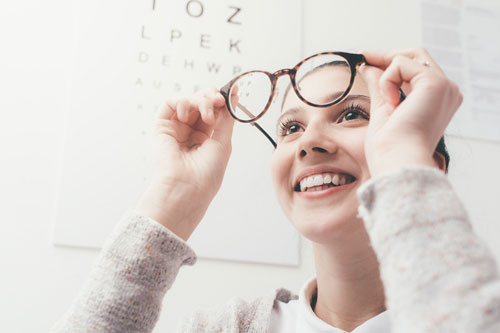
Myopia Control Glasses
Multifocal eyeglass lenses work similarly to multifocal contacts and have similar results in the studies conducted to slow the progression of nearsightedness in children.
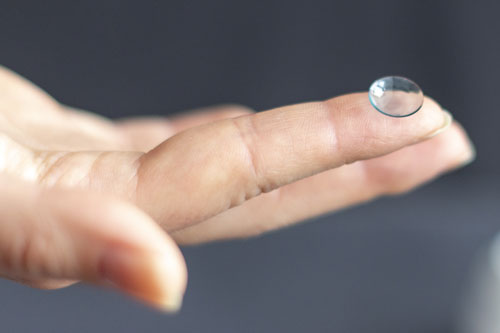
Orthokeratology
Orthokeratology, more commonly referred to as ortho-k, involves specially designed gas permeable contact lenses worn only while sleeping and removed when awake. Based on your prescription, our team will recommend a treatment schedule intended to reshape your eye and reduce the lengthening of the eyeball over time. Ortho-K lenses reshape your eye at night and provide temporary vision correction during the day.
If your child is nearsighted, ask us about treatment options during your next exam! Our eye care team will help determine if myopia control is right for them.
Ready to Schedule An Appointment?
The team at Professional EyeCare Associates is excited to help you with your eye care needs. To schedule, an appointment click the button or give our office a call today!
